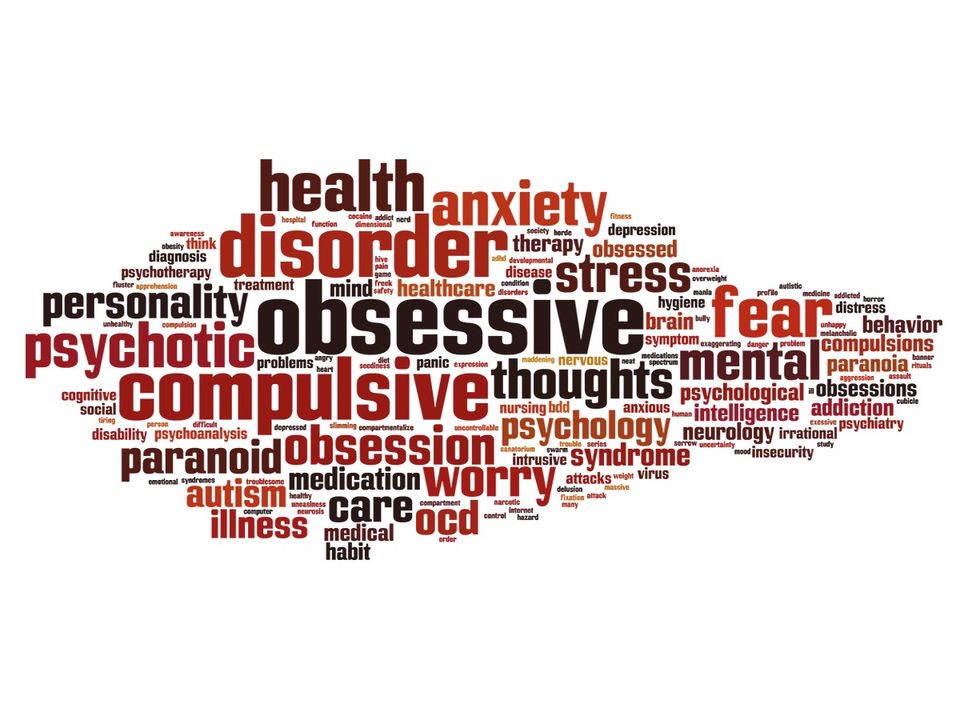Obsessive-compulsive disorder (OCD) is a mental health condition characterized by persistent and recurrent thoughts, images, or impulses that are experienced as intrusive and unwanted (obsessions), and repetitive behaviors or mental acts (compulsions) that an individual feels driven to perform in response to these obsessions.
The exact causes of OCD are not fully understood, but research suggests that a combination of genetic, neurobiological, and environmental factors may play a role. There is also some evidence that OCD may be associated with imbalances in certain chemicals in the brain, such as serotonin.
Treatment for OCD typically involves a combination of psychotherapy and medication. One of the most effective forms of psychotherapy for OCD is called cognitive-behavioral therapy (CBT), which focuses on helping individuals learn to recognize and change the thoughts and behaviors that contribute to their OCD symptoms. Medications, such as antidepressants, can also be effective in reducing symptoms of OCD.
A psychiatrist can help diagnose and treat OCD by conducting a thorough evaluation, which may include taking a patient's medical and psychiatric history, administering psychological tests, and performing a physical examination. The psychiatrist may then make a diagnosis of OCD and develop a treatment plan that may include therapy and medication.
The psychiatrist will work closely with the patient to monitor the effectiveness of the treatment and make any necessary adjustments. They may also provide education and support to the patient and their family members about the condition and how to manage it. They will also monitor any side effects from the medication and adjust the dosage if necessary.
It is important to note that while OCD can be a debilitating condition, with proper treatment, many individuals are able to manage their symptoms and lead fulfilling lives. It is also important for individuals with OCD to have a supportive network of family and friends, and to not be ashamed to seek help.
In conclusion, Obsessive Compulsive Disorders (OCD) is a mental health condition characterized by persistent and recurrent thoughts, images, or impulses that are experienced as intrusive and unwanted (obsessions), and repetitive behaviors or mental acts (compulsions) that an individual feels driven to perform in response to these obsessions. The causes of OCD are not fully understood, but research suggests that a combination of genetic, neurobiological, and environmental factors may play a role. The treatment of OCD typically involves a combination of psychotherapy and medication. A psychiatrist can help diagnose and treat OCD by conducting a thorough evaluation, and developing a treatment plan that may include therapy and medication. With proper treatment, many individuals are able to manage their symptoms and lead fulfilling lives.

